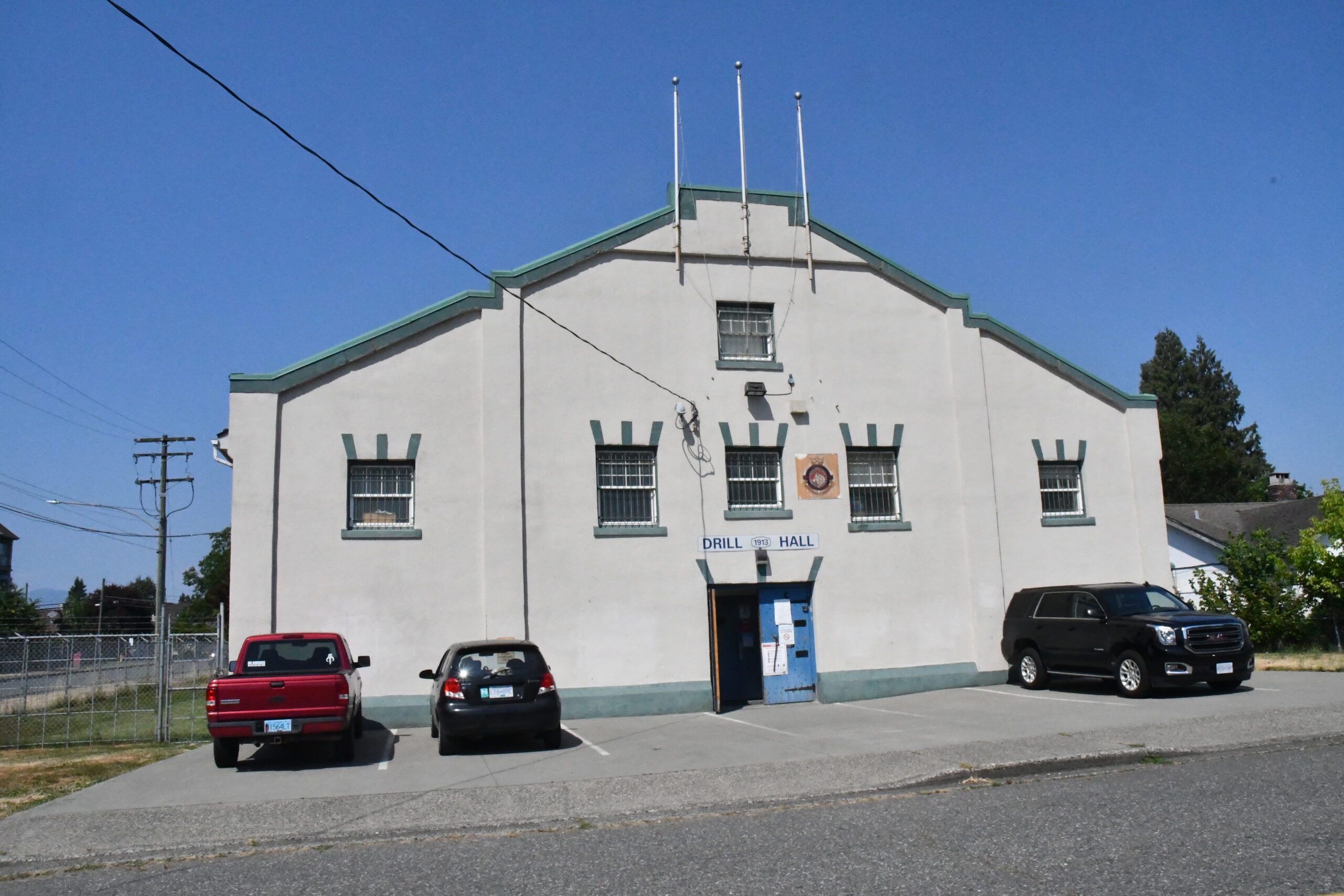Vancouver – Ecojustice is calling for parties and candidates in British Columbia to make climate action and the protection of endangered species and old-growth forests key priorities in the lead-up to the Oct. 24 election.
B.C. NDP Leader John Horgan announced the provincial election on Sept. 21. Devon Page, the executive director of Ecojustice, issued the following statement in response:
“When it comes to protecting our climate for future generations, saving endangered species in the midst of a global biodiversity crisis and protecting precious old-growth forests, British Columbia has a critical leadership role to play.
“B.C. was an early champion of a price on carbon and other green policies. It is home to thousands of species and ecosystems, from iconic killer whales to old-growth Douglas firs. And polling shows that the majority of British Columbians — 57 per cent* — agree that climate action should be at the centre of the province’s COVID-19 recovery strategy.
“Yet the province’s laws and policies haven’t always lived up to its green reputation. Greenhouse gases rose under the NDP-Green coalition, and the government failed to live up to its commitment to introduce endangered species legislation.
“As British Columbians prepare to head to the polls, Ecojustice urges parties and candidates to put forward platforms that demonstrate their commitment to the environment. Specifically, we are calling for candidates to prioritize three key areas that matter to British Columbians:
- Close the climate gap. British Columbia’s current climate plan, CleanBC, leaves a 25 per cent gap between the province’s projected emissions and its climate targets. The incoming provincial government must have a clear plan to address this discrepancy.
- Protect endangered species. British Columbia is home to more species than any other province but does not have a standalone law to protect them, making it an outlier among Canada’s provinces. Ecojustice calls on the incoming provincial government to introduce a law that will protect the province’s species.
- Save B.C.’s old-growth forests. After decades of poorly-regulated forestry practices, British Columbia’s old growth forests are dwindling. This isn’t just bad for the trees. It hurts the species that rely on old-growth forest for habitat, and destroys an important provider of carbon storage. B.C.’s incoming government must put measures in place to better protect the province’s old-growth.
“In the coming month, Ecojustice looks forward to reviewing party platforms and working with candidates to put forward a vision of British Columbia that includes a safe climate, thriving species and ecosystems and protections for the province’s unique old-growth forests.”
*Polling Source: https://cleanenergycanada.org/poll-british-columbians-want-climate-and-clean-energy-at-the-centre-of-b-c-s-recovery-plan/
The David Suzuki Foundation urges all parties in the newly announced B.C. election to acknowledge that pandemic recovery must also tackle the climate and biodiversity crises, and create green and just jobs.
“As British Columbians prepare to go to the polls next month, it’s critical that every party is explicit about how it plans to address the climate emergency and the ongoing loss of nature we’re seeing in our province,” David Suzuki Foundation director general for Western Canada Jay Ritchlin said. “The twin climate and biodiversity crises were in full swing before the pandemic. While responding to COVID-19 is critical, we cannot afford to miss this opportunity to invest in more resilient nature and communities.
“Voters care about how parties will address energy, transportation, forestry, mining, salmon farming and endangered species like southern resident killer whales. Polices aimed at those issues are integral to any true recovery.”
In B.C., elsewhere in Canada and worldwide, people are demanding that responses to the COVID-19 health crisis also address the concurrent biodiversity and climate crises. An Abacus Data poll found 54 per cent of respondents support bold new action to fight climate change. Seventy per cent of respondents to a Pollara Strategic Insights for the International Boreal Conservation Campaign poll want nature conservation to be part of economic recovery.
“Human health and well-being are inextricably linked to environmental health,” Ritchlin said. “Recently, we’ve seen devastating forest fires and associated air quality impacts, multiple cyclones forming in the Atlantic region and the collapse of major ice shelves in the North. These are clear indications that we don’t have time to spare. We must transform our economies, institutions and lives.
“This election, we expect people to vote for candidates who demonstrate that they’ll take bold leadership and set us on a path to a sustainable, equitable and healthy future.”
Since April, more than 40,000 David Suzuki Foundation supporters have sent messages to the federal government calling for a green and just recovery from COVID-19.













